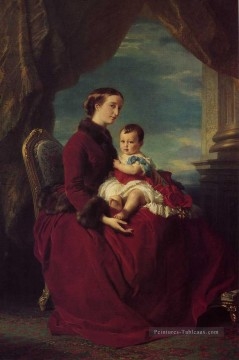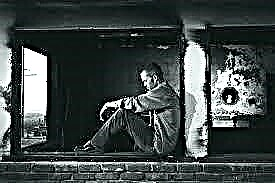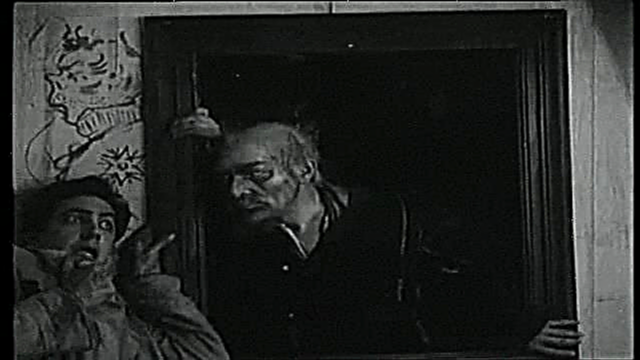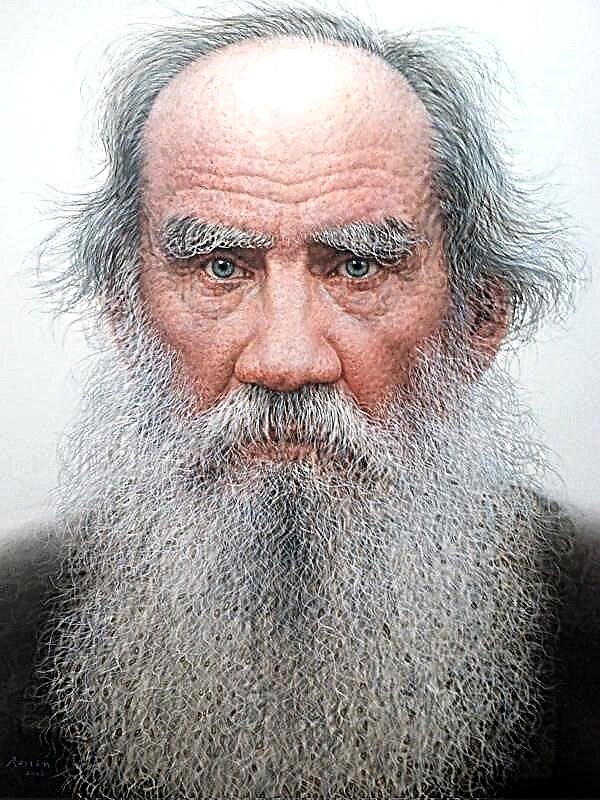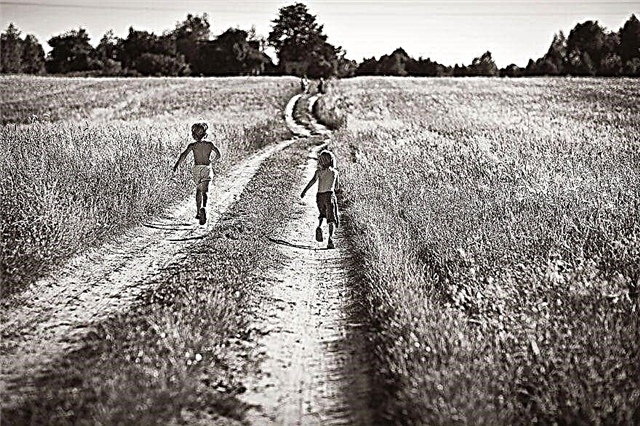On the same day. Description of the life and torment of St. Eustathius, and his wife Theopistius, and their children Agapius and Theopistos.
During the reign of the Roman emperor Trajan, a brave and virtuous husband, the stratilate of Placidus, lives. Both he and his wife are pagans, but they do good deeds. The philanthropist God wants to save Placidus from the darkness of idolatry, and when he goes hunting, he arranges for a deer to appear before him, between whose horns the holy cross shines. The deer says that under the guise of an animal Placidus sees Jesus Christ, who appeared to him like a deer, in order to rescue from a network of devilish delusions. Placida gains faith in the Lord Jesus Christ and is baptized with his wife and two sons.
Placidus receives the name Eustathius at baptism, and his wife Tatyana is called Theopistius. The next day, Placidus goes to the same place where he had a vision, and the Lord tells him that now Placidus should be ready for all sorts of troubles, because he, having been baptized, departed from the devil and he will begin to pursue him. If Placidus, no matter what, maintains faith and defeats the devil, then he will accept the crown of victory.
In the house of Eustathius, pestilence begins, but he realizes that this is an attack predicted by the Lord, and humbles himself. Together with his wife and sons, Eustathius secretly leaves the house, throws all the property that becomes the prey of thieves, and goes to Egypt. They board the ship and sail from their country, but the owner of the ship requires a fee from them, and since Eustache has no money, he takes his wife. Eustathius is forced to reconcile and, together with his sons, goes ashore. When they cross the river, the lion grabs one son and runs away with him, while the wolf takes the other boy Eustathius in despair: he is convinced that his children died. But the inhabitants of the nearby village save children who have not suffered at all, take them to themselves and bring them up as their own.
Eustathius weeps bitterly and appeals to God, saying that his adversity is greater than those that fell to the lot of Job, who endured torment in his land and had a number of friends who comforted him. He, Eustathius, alone in a foreign land, and there is no comfort to him. But he still finds the strength in himself to turn to the Lord Jesus Christ for help, so that He strengthened his spirit in misfortunes and did not allow his heart to deviate under the burden of troubles and misfortunes. Eustathius comes to the village of Wadison and lives there for fifteen years. He earns his bread by doing day work and watching the crops.
At this time, foreigners are fighting with Rome and conquering many areas. The emperor is preoccupied with this and recalls the brave Placidus, about whom there has long been no news. The emperor prepares for war and instructs the two soldiers who served under the command of Plakida to find him. Those come to the village where he lives, and ask him about Placidus. But Eustathius hides from them that it is he himself. Finally, the soldiers recognize him by the scar on his neck, and Eustathius confesses to him that he is their former boss. The soldiers hand Eustathius the message of the emperor, and he and them are sent back to their homeland. Eustathius tells the emperor about everything that happened to him in a foreign land. He asks Eustathius to be, as before, his stratilate. Eustathius agrees and accepts the sword from him.
Eustathius orders to assemble recruits for the war against the barbarians. The inhabitants of the village where the sons of Plakida were raised give them to the soldiers, since they are strangers. Eustathius notices tall and handsome young men who do not know that they are brothers, and appoints them to his service. Guided by the will of God, Eustathius attacks the country where his wife lives, who safely avoided the attacks of the ship's owner and has since guarded the gardens of the inhabitants there.
It happens that a stratilate tent is placed next to the hut in which his wife lives. Hearing the conversation of two young men who remember their early childhood, about their father and mother and how wild animals attacked them in a foreign country, she realizes that these are her sons. Those, in turn, are convinced that they are siblings. She comes to the stratilate, tells him her story and notices a scar on his neck. So she finds out that in front of her is her husband. She assures Eustathius that by the mercy of God no one touched her and she remained undefiled. He is happy that he found his beloved wife, whom he considered dead. Then the wife tells him what she heard from the conversation of the young men in his tent. Eustathius calls them to him and, having heard their story, is convinced that they are his children.
After the victory over the barbarians, Eustathius arranges a great holiday, glorifying our Lord Jesus Christ. But when he returns with his family, he learns that instead of the dead Trajan, the pagan Adrian became emperor. When Eustathius refuses to make sacrifices in a pagan temple, Adrian deprives him of all honors and orders to send the whole family to the circus for wild animals to eat. But the animals do not touch them. Adrian, seeing this miracle, commands to heat the copper bull and throw Eustathius and his family into his womb. But those condemned to death pray to the Lord that He will turn the fury of fire into cold and in him make them pass away. A voice from heaven gives them consent and says that from now on He will grant them victory crowns. The saints enter the fire, and when, after three days, Adrian orders to open the copper bull, then everyone sees that the bodies of the holy martyrs are unharmed and shine brighter than snow.
The pagans, who see this miracle, gain faith in Jesus Christ, and Christians steal the bodies of the martyrs, secretly bury them and build a temple on the site of their burial, glorifying our Lord Jesus Christ.

